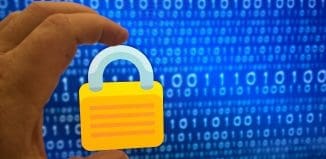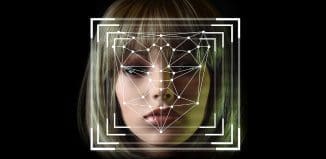The Strongest Password: Atom-Based ID
This post is also available in:  עברית (Hebrew)
עברית (Hebrew)
Scientists have discovered a way to authenticate or identify any object by generating an unbreakable ID based on atoms. The technology, which is being patented at Lancaster University and commercialized through the spin-out company Quantum Base, uses next-generation nanomaterials to enable the unique identification of any product with guaranteed security.
The research, published in Nature’s Scientific Reports, uses atomic-scale imperfections which are impossible to clone as they comprise the unmanipulable building blocks of matter.
Current authentication solutions such as anti-counterfeit tags or password-protection base their security on replication difficulty, or on secrecy, and are renowned for being insecure and relatively easy to forge. For example, current anti-counterfeiting technology such as holograms can be imitated, and passwords can be stolen, hacked and intercepted.
The ground-breaking atomic-scale devices do not require passwords, and are impervious to cloning, making them the most secure system ever made. Coupled with the fact that they can be incorporated into any material makes them an ideal candidate to replace existing authentication technologies.
The reported Q-ID device, which uses an electronic measurement with CMOS compatible technology, can easily be integrated into existing chip manufacturing processes, enabling cost effective mass-production. The new devices also have many additional features such as the ability to track-and-trace a product throughout the supply chain, and individual addressability, allowing for marketing and quality control at the point of consumption.
Jonathan Roberts, a Lancaster University Physics Ph.D. student and first author in the publication said: “The invention involves the creation of devices with unique identities on a nano-scale employing state-of-art quantum technology. Each device we’ve made is unique, 100 percent secure and impossible to copy or clone.”
Dr. Robert Young, the research leader at Lancaster University and co-founder of Quantum Base, said: “One could imagine our devices being used to identify a broad range of products, whether it is authentication of branded goods, SIM cards, important manufacturing components, the possibilities are endless.”





























